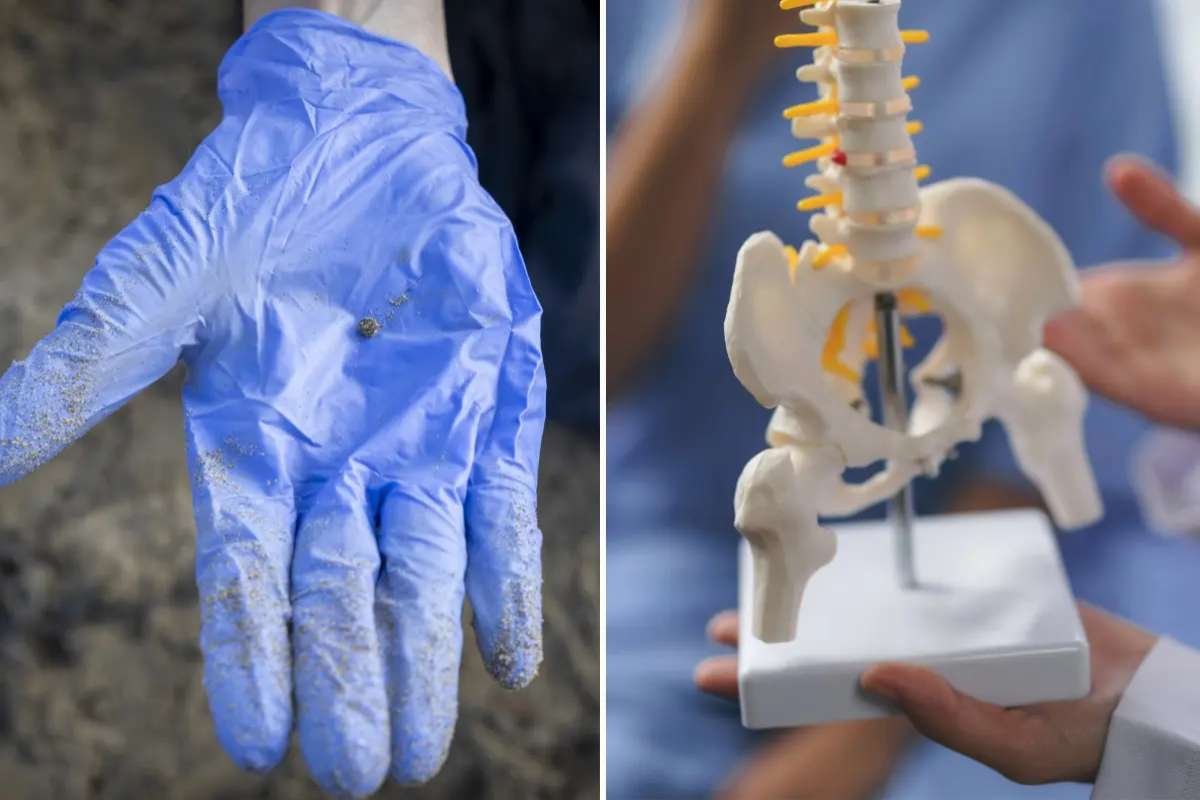More than 200 people are at risk of developing the virus after getting cosmetic surgery at two clinics close to the southern border, where six people have already passed away from fungal meningitis outbreak. The Mexican Ministry of Health and the U.S. Centres for Disease Control and Prevention have closed the two clinics in Matamoros, Mexico, a border town close to the northeastern part of the country, as they look into the epidemic.
Patients who underwent cosmetic operations between January and May this year at the River Side Surgical Centre or Clinica K-3 are at danger. On May 13, both clinics were closed due to the fungal meningitis outbreak. At least five of the individuals that were impacted were female. The use of spinal anaesthesia in the clinics has been linked by the World Health Organisation to the outbreak. To numb the central nervous system, doctors in this practise will directly inject anaesthetics into the spine.
Prior to the sixth case being reported this month, the U.N. organisation noted that “all five cases were females with a history of undergoing surgical procedures performed under spinal anaesthesia in Mexico.” Although uncommon, spinal anesthesia-related incidences of fungal meningitis outbreak are a known danger of undergoing these procedures. When inadequate sterilisation procedures allow bacteria or microscopic fungus to infect the patient upon injection, they take place.
Fungal meningitis outbreak linked to clinics in Mexico causes four American deaths
According to officials, individuals in the fungal meningitis outbreak started exhibiting symptoms somewhere between three days and six weeks after their operations. Mexico is one of the most popular locations for medical tourism worldwide. Many Americans travel across the border in search of less expensive cosmetic treatments including liposuction, Brazilian butt lifts, and stomach tucks.
For instance, in Los Angeles, California, a belly tuck could cost up to $8,000. The same treatment costs less than $5,000 in Tijuana, Mexico, about 100 miles to the south. Prior to the epidemic, about 1.2 million Americans made yearly trips to Mexico for these treatments.
Officials issue a warning that low-cost clinics south of the border could not employ the finest sterilisation procedures or employ physicians with the same level of training as those in the US. Meningitis is a disorder that typically develops following a bacterial or fungal infection of the brain or spine. In response to the infection, it causes the brain and spine to start swelling.
There are vaccines that protect against bacterial infections, but none that are as effective against the more uncommon fungal infections. Fever, headache, stiff neck, nausea, vomiting, and cognitive problems like light sensitivity and confusion are typical symptoms. The most vulnerable groups to dying from meningitis are those under the age of five and those whose immune systems are compromised.







